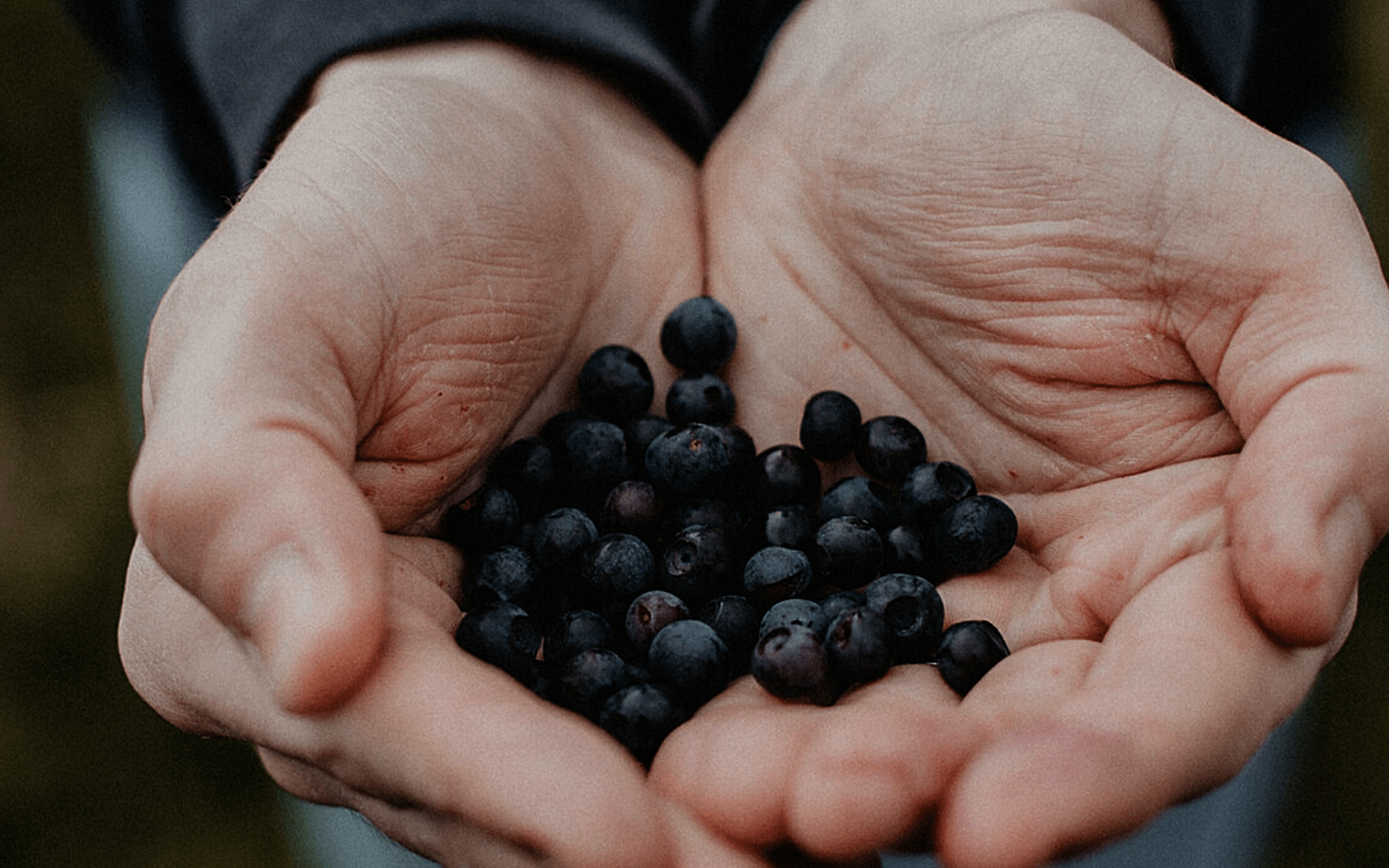
Responsible harvesting: our commitments to preserving biodiversity
Natural resources are not infinite, and it is essential for companies to adopt eco-responsible practices in order to minimize their environmental impact. At Floèm, responsible harvesting and the protection of biodiversity are at the heart of our mission.
We have implemented strict procedures to ensure sustainable harvesting of our wild Nordic plants, while respecting natural ecosystems. Discover our concrete initiatives for environmentally friendly harvesting.

Regulated picking areas
Every year, we demand from our pickers:
- A picking permit issued by the Quebec Ministry of Forests
- A detailed report on the quantities of NTFP (Non-Timber Forest Products) harvested
- The GPS coordinates of the harvest sites, allowing rigorous monitoring
In addition, we carry out field inspections to assess the impact of the harvest and ensure compliance with the rules in force.
Sustainable harvesting techniques
To preserve plants and their habitats:
- Harvesting exclusively by hand, without sharp tools or electrical machines
- Respectful cutting methods: for example, we only harvest the leaves to allow the stems to regenerate
- Active monitoring of new practices: we are continuously informed about advances in sustainable harvesting
This approach helps preserve biodiversity and ensure the sustainability of natural resources.

Regulated harvest quantities
We follow the recommendations of local authorities and specialist associations such as:
- AgroBoréal and ACPFNL , which publish best practice guides
- The Ministry of Forests , which imposes harvest quotas per plant and per area
Education of gatherers plays a key role in preserving species and maintaining ecological balance.
Ethical selection of species
At Floèm, we practice selective and responsible harvesting:
- No harvesting of threatened or vulnerable species ( see the official list ).
- Let's avoid overexploitation: we refuse to market certain plants if demand becomes too high and risks endangering the species.
We stay informed of updated government lists to ensure we never contribute to the extinction of a valuable plant.
Rigorous selection of pickers
Responsible harvesting requires in-depth knowledge of biodiversity and strict respect for the environment. We choose our pickers according to several criteria:
- Experience and professional ethics
- Respect for nature and current regulations
- Reputation within the gathering community
We believe that training and raising awareness among our partners is essential to ensuring sustainable harvesting.
Waste reduction and reuse
Beyond harvesting, we seek to minimize our ecological impact by promoting the reuse of materials:
- Cardboard boxes are reused to ship our orders or for internal storage
- Plastic storage bags become garbage bags – no garbage bags have been purchased since Floèm was created!

FAQ – your questions about Responsible harvesting and Floèm infusions
What is responsible harvesting?
Responsible harvesting involves harvesting plants sustainably, respecting their regeneration cycle and preserving natural ecosystems. At Floèm, we follow strict practices to minimize our environmental impact.
Where do the plants used in Floèm infusions come from?
Our plants are hand-picked in forests and wild areas of Quebec, respecting the quotas established by the authorities and the best sustainable harvesting practices.
How do you guarantee the sustainability of your crops?
We work with experienced pickers, follow harvest quotas, and rigorously monitor harvesting areas. In addition, we refuse the commercialization of endangered species.
Is your packaging eco-responsible?
Yes! Our packaging is designed to be minimalist and recyclable. We favor sustainable materials to reduce our ecological impact.
Are your herbal teas certified organic?
Although our plants are wild and harvested without pesticides or fertilizers, we do not yet hold organic certification. However, we apply high quality standards.
How do you reduce your transportation carbon footprint?
We optimize our deliveries by using existing routes: our raw materials are transported by coach, thus limiting our CO₂ emissions.
How can I support responsible harvesting?
By choosing products from sustainable harvests like our Floèm herbal teas, by promoting eco-responsible companies and by raising awareness among those around you about the importance of biodiversity!
Sources:
-
Government of Quebec. (nd). List of threatened or vulnerable plant species . Ministry of Agriculture, Fisheries and Food of Quebec.
-
Ministry of Forests, Wildlife and Parks of Quebec. (nd). Ministry of Forests, Wildlife and Parks . Government of Quebec.
-
AgroBoreal. (nd). AgroBoreal .
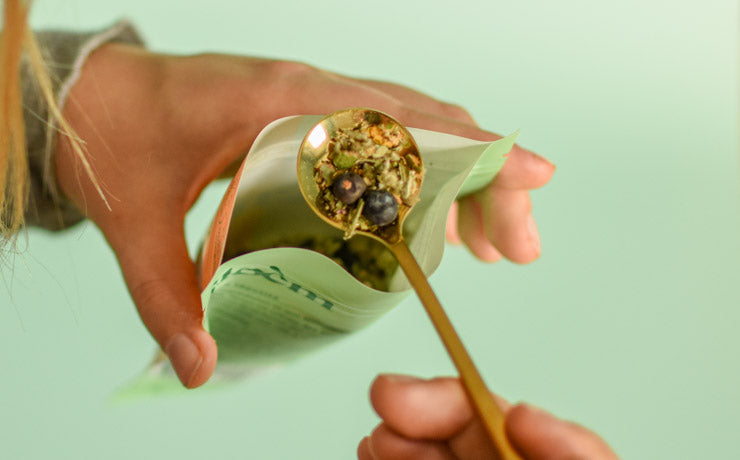
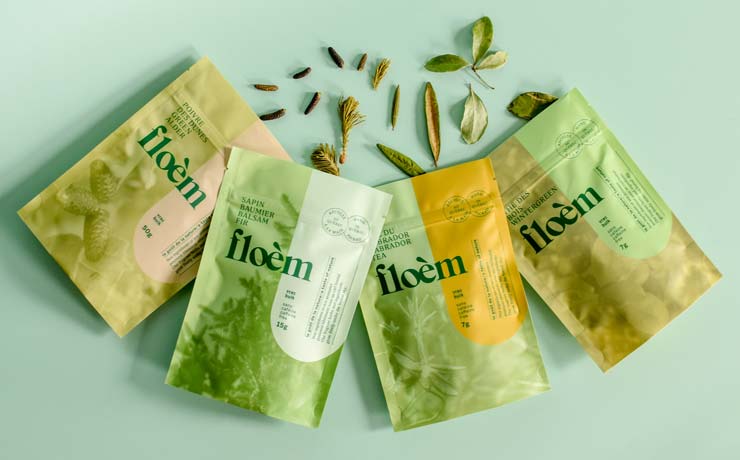
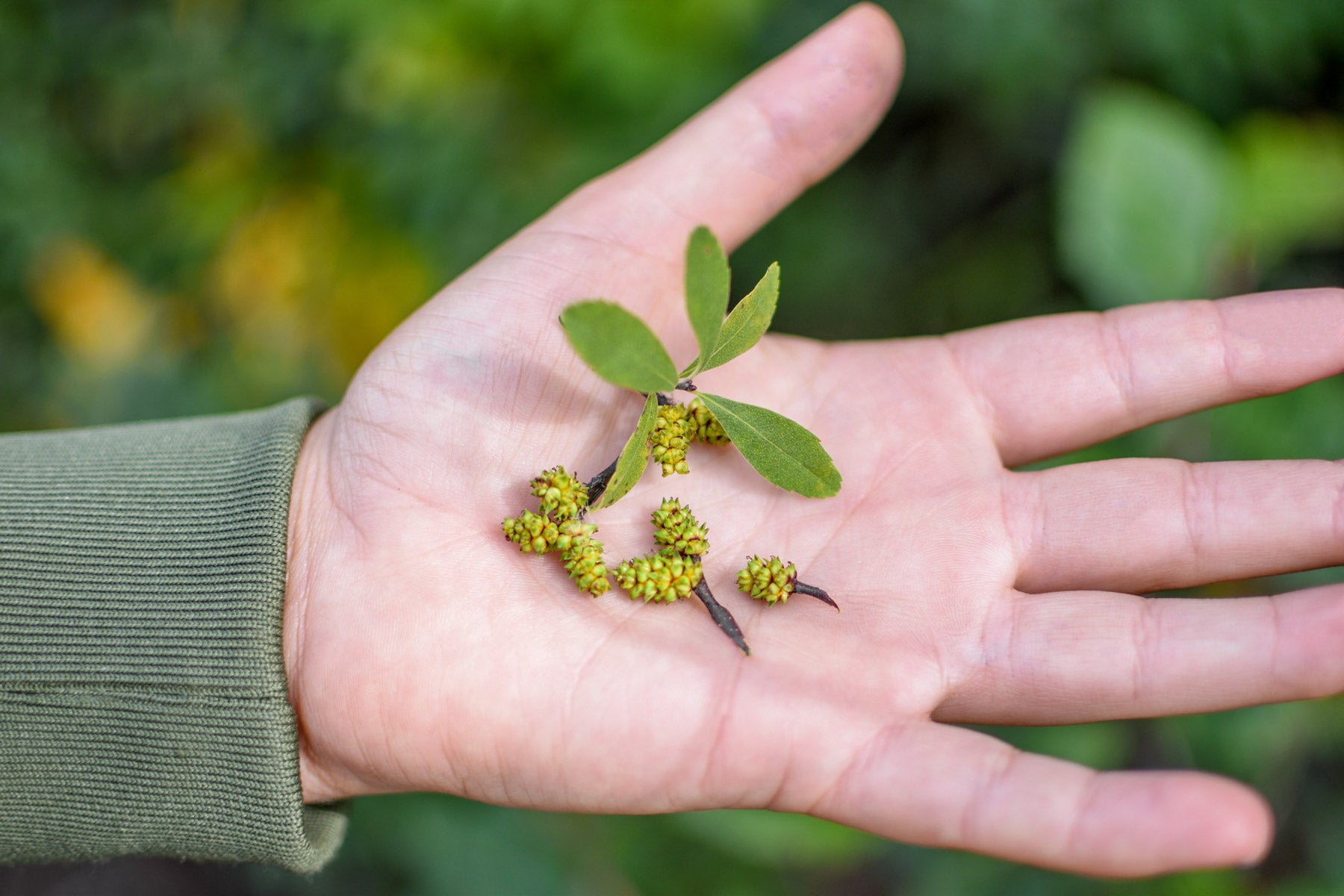
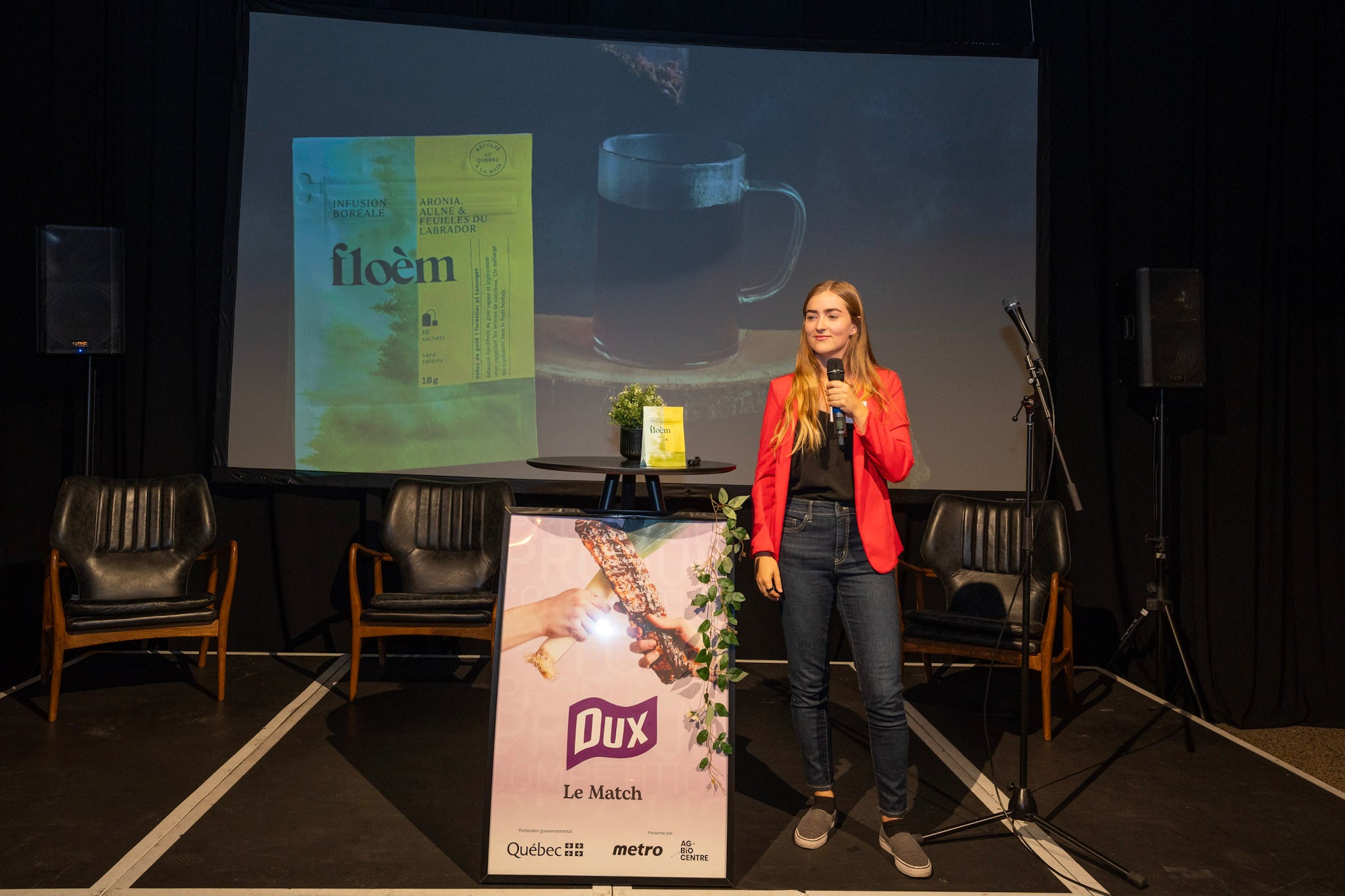
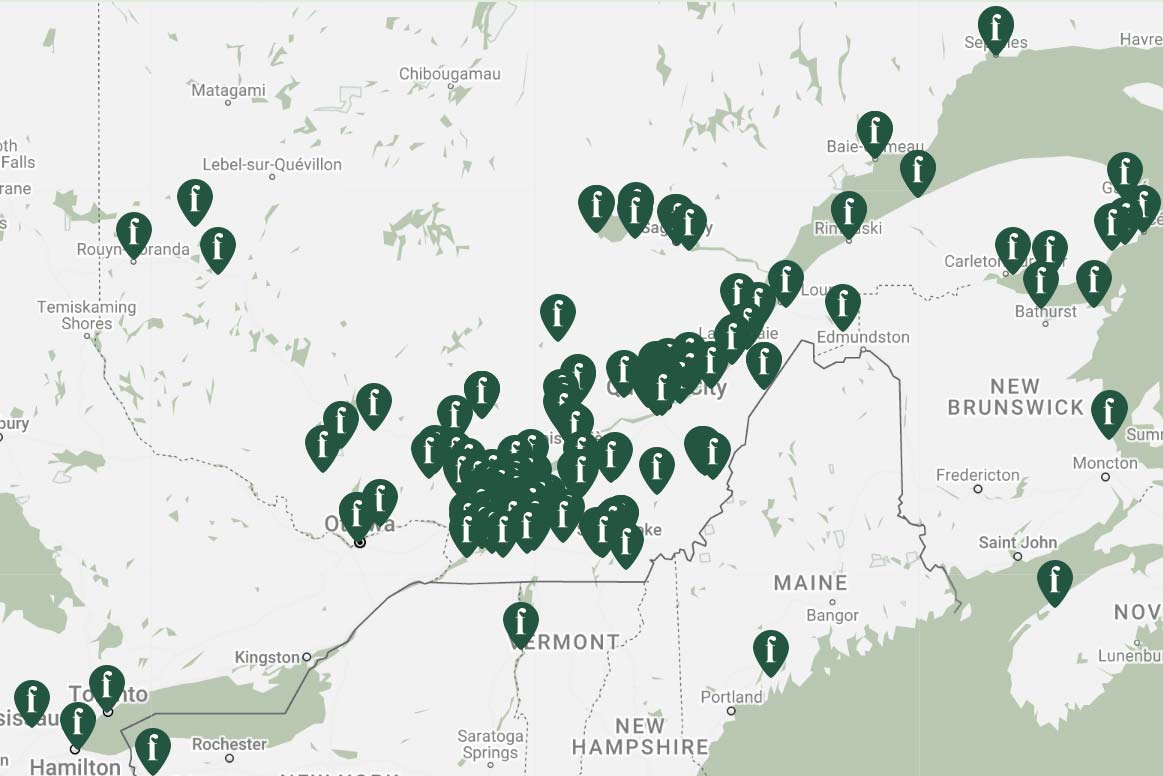
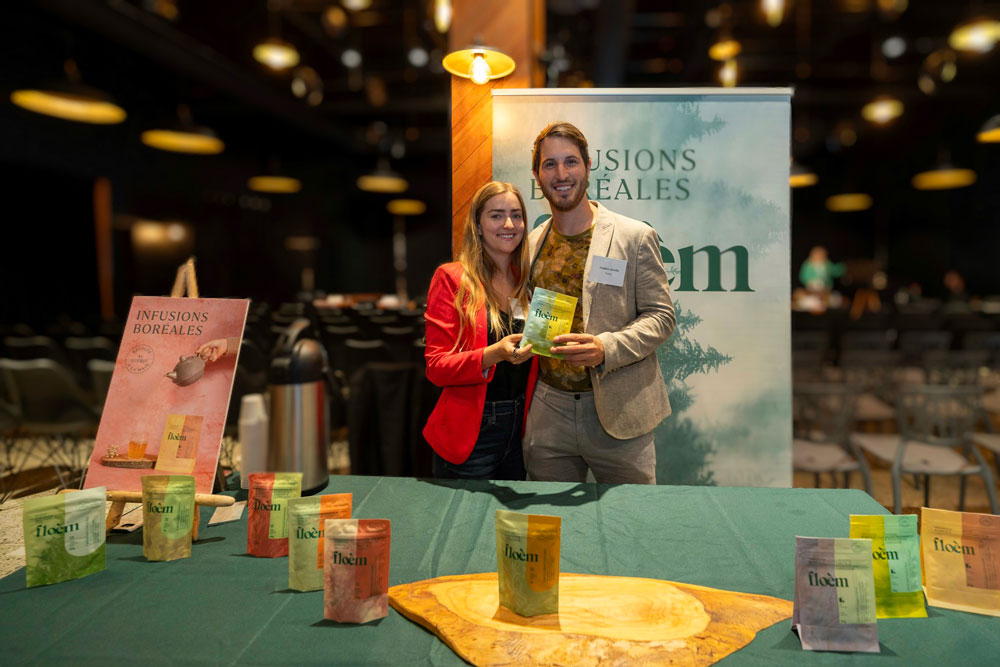
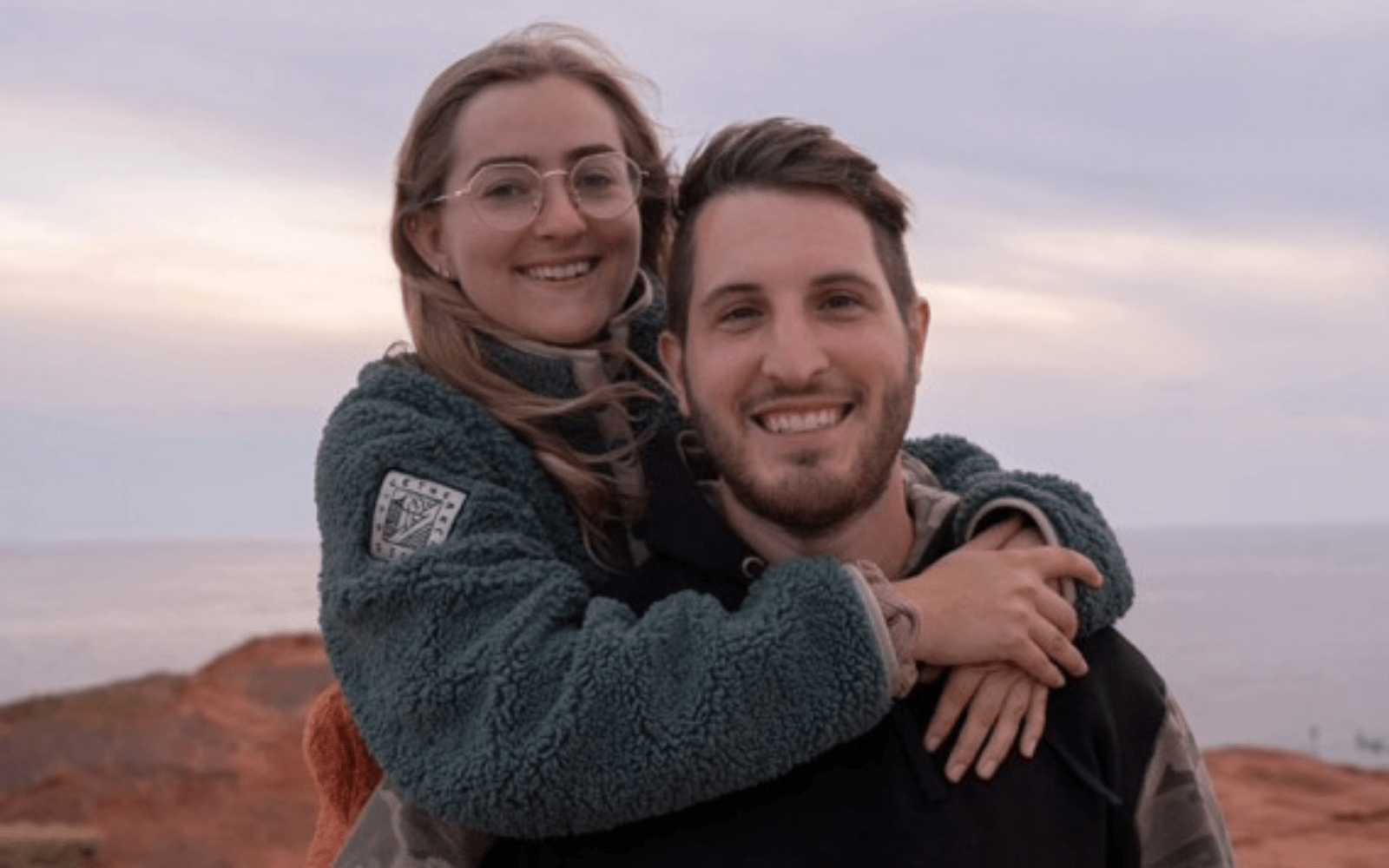
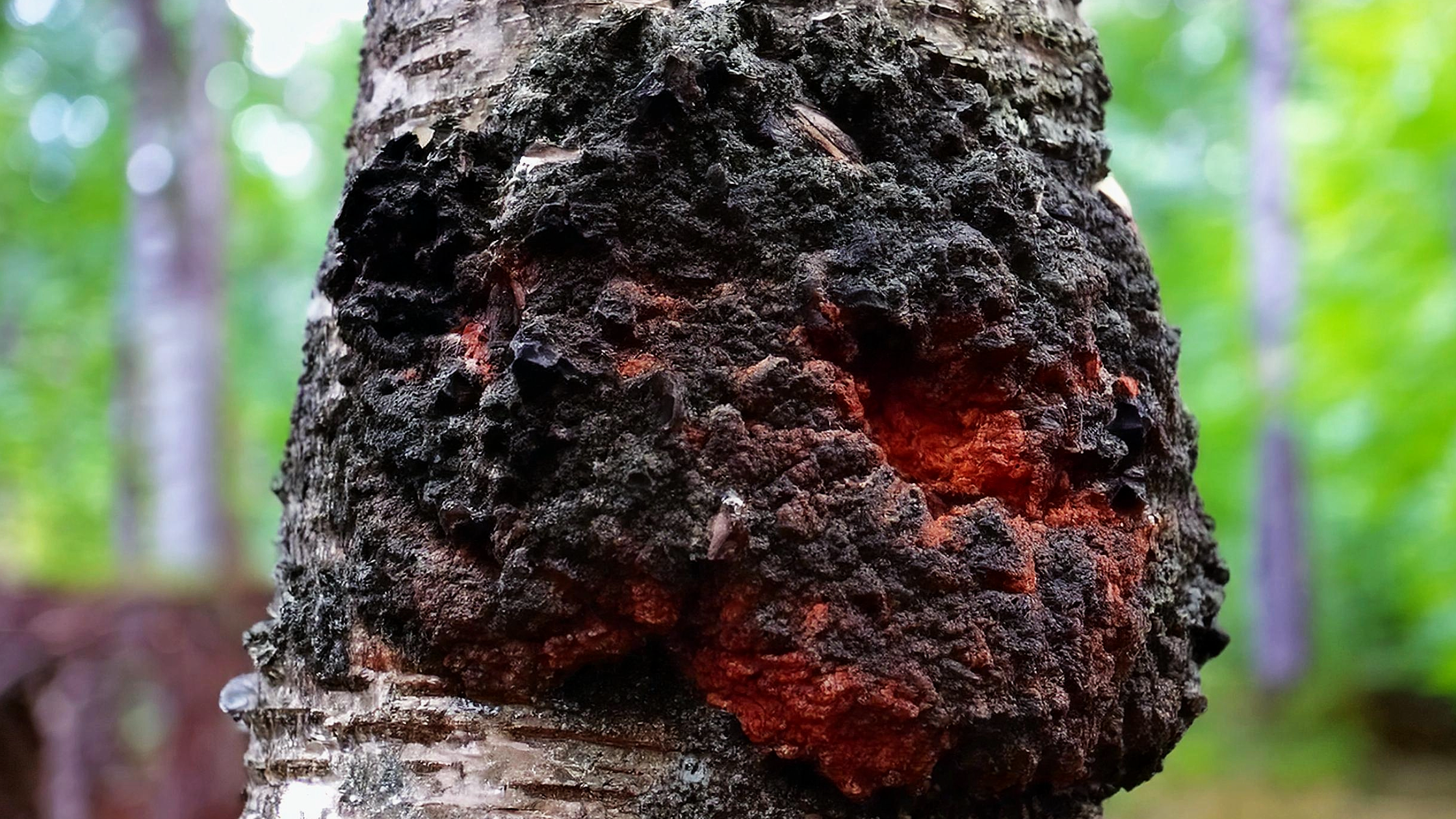
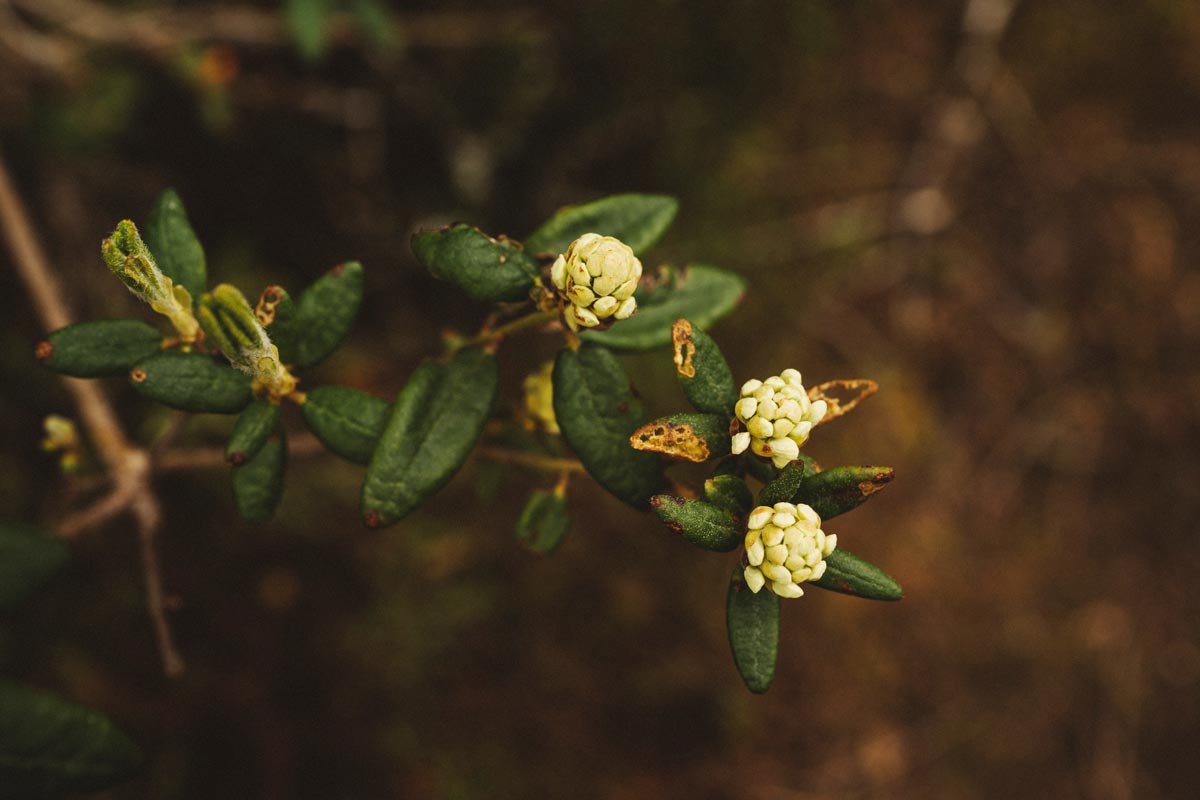
1 comment
Suis a la retraite serais peut etre interessé a devenir ceuilleur pour le the labrador ca fait tres lomptent je connais ke produit
Victor guillemette
Leave a comment
This site is protected by hCaptcha and the hCaptcha Privacy Policy and Terms of Service apply.